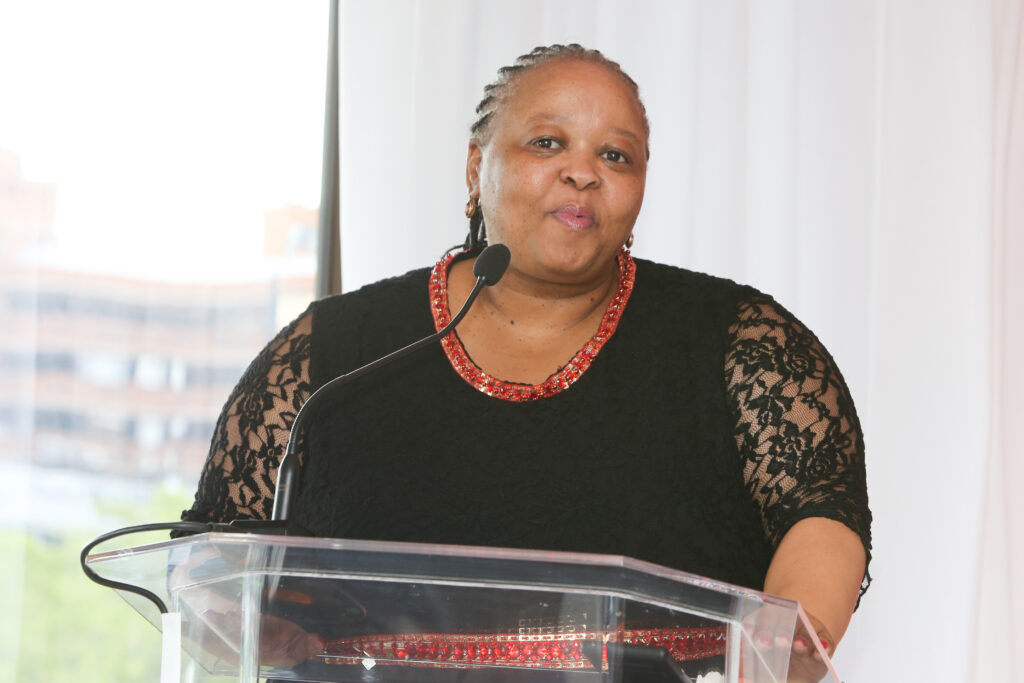Sunday Times Franchising
Still In Favour Of Franchising?
According to franchisors – at least those active in the quick service restaurant (QSR) sector – the answer is yes. In fact, the idea of buying into a proven model is even more attractive than usual for people who lost their jobs during the pandemic. This may be why enquiries from potential franchisees are on the rise. Aneez Amod, director of Jimmy’s Killer Brands, reports that the company receives enquiries “every single day” – and is planning to open at least four new stores, possibly six, by the end of the year.
Growth in existing stores is on the up, too, with the brand having enjoyed 34 per cent year-on-year growth since 2020.
King Pie is experiencing a similarly positive trajectory, with trade having almost returned to pre-pandemic levels and the franchise’s footprint increasing by 10 per cent during the past year.
It’s not only the food sector that’s experiencing a recovery. Felicia Ntisa, a franchisee for Sorbet who owns Sorbet Nails and Sorbet Man in Hyde Park, as well as Sorbet Nails in Bryanston, confirms that, after taking a hit during the first three months of closure, her Hyde Park stores are starting to perform well once more, although the Bryanston franchise is taking a little longer to find its footing again.

Lockdown losses?
Morne Cronje, head of franchising at FNB Commercial, points out that some of the jubilation many franchisees are feeling comes from the lifting of lockdown regulations. However, he maintains a more cautious outlook about what lies ahead for franchisors, as a number of obstacles remain.

Take load shedding for example: Clara Namnick, head of marketing for Del Forno, says that while the franchise, which specialises in wood-fired pizzas, actually benefits from scheduled power cuts, the reality is vastly different for most brands.
Amod says that his franchisees have been instructed to close their stores during power outages, as this is more cost effective than running and maintaining generators. Nevertheless, some stores lose up to R5 000 per day during load shedding.
Ntisa says that although the malls where her stores are located are fitted with generators, load shedding unavoidably affects traffic to those malls.
“Despite having shown its ability to overcome the pandemic, the sector still needs to ride out such headwinds,” says Cronje. “Single-restaurant owners lack the luxury of being able to spread the risk between multiple stores, and so will be hardest hit.”
Cronje adds that new entries to the market remain slow, as access to capital is still a big hurdle: “The current economic landscape makes it difficult to enter any new business venture.”
That said, there is a noticeable uptick in the number of franchisees and business owners buying second and even third stores – which points to a trend of consolidation. “Bigger operators are getting bigger and buying smaller, struggling stores,” notes Cronje.
The best bets for would-be franchisees? Retail, fuel, hardware, construction, automotive and QSR are all performing well, Cronje says, and in most cases have returned to pre-COVID levels. The beauty and sit-down restaurant industries are also showing a solid recovery.
What’s next?
FNB expects GDP growth to come in at 1.8 per cent this year, says Cronje. “We are concerned about the elevated risk of a near-term technical recession, although this is not our base case. Our forecast reflects our estimate of an economic contraction in the second quarter of the year, as the economy suffered materially from flooding in KwaZulu-Natal, intense load shedding and labour unrest.”
The undeniable economic tumult notwithstanding, consumers aren’t hesitating to spend, making franchising an attractive option in the present circumstances. “I believe that the consumer mindset has changed,” acknowledges Cronje. “People have become more conscious about how they spend their money post-lockdown; they feel more confident spending on a proven product, which is why franchises in general have been quite resilient.”






 Sign-up and receive the Business Media MAGS newsletter OR SA Mining newsletter straight to your inbox.
Sign-up and receive the Business Media MAGS newsletter OR SA Mining newsletter straight to your inbox.